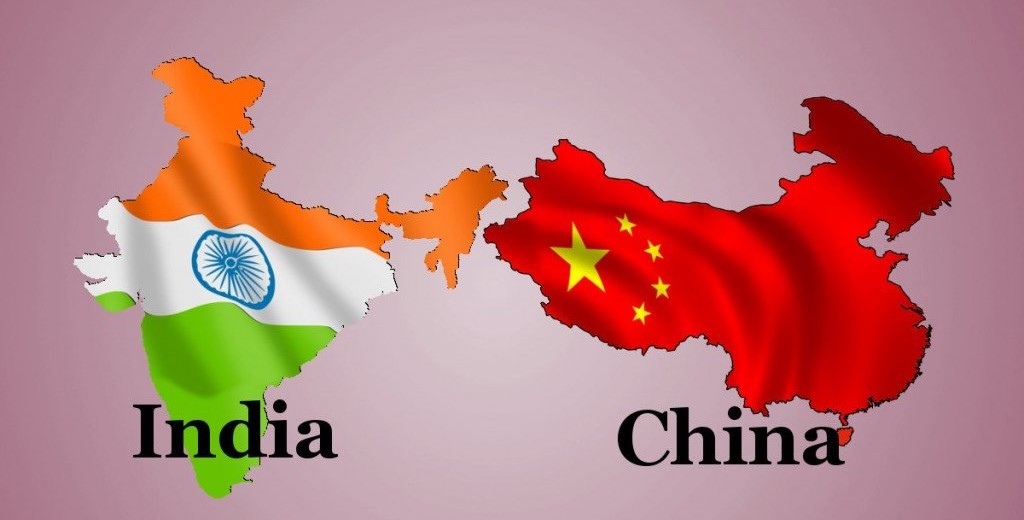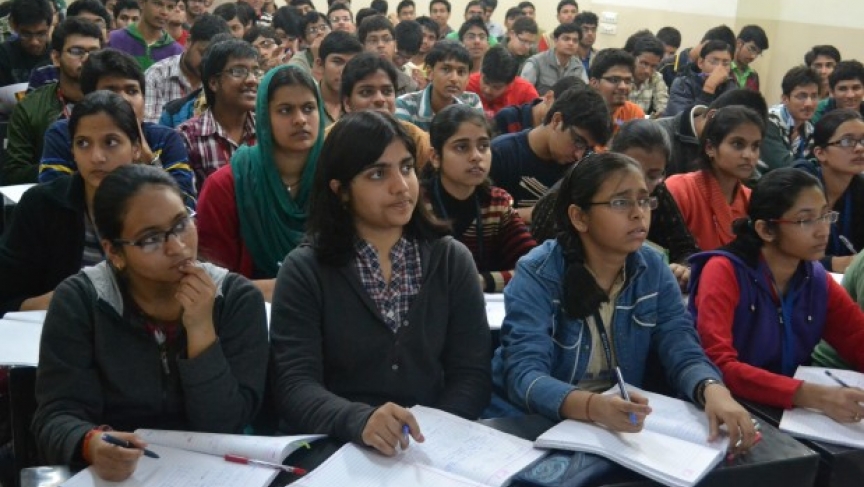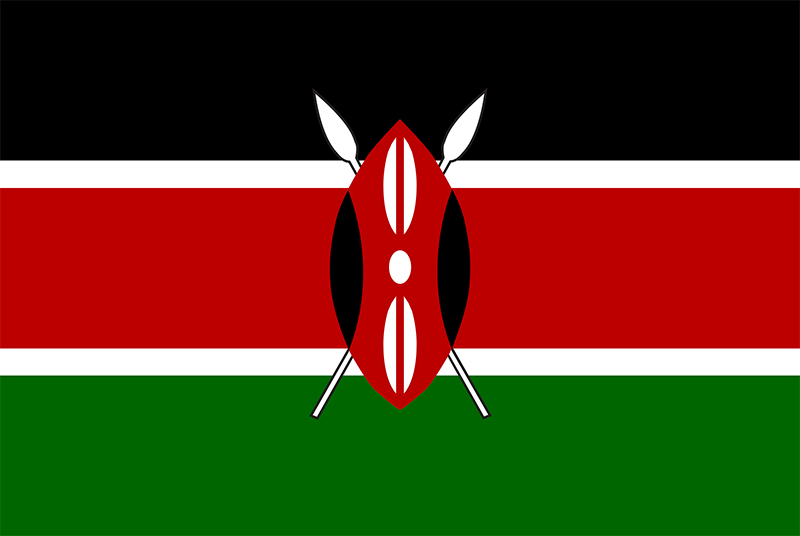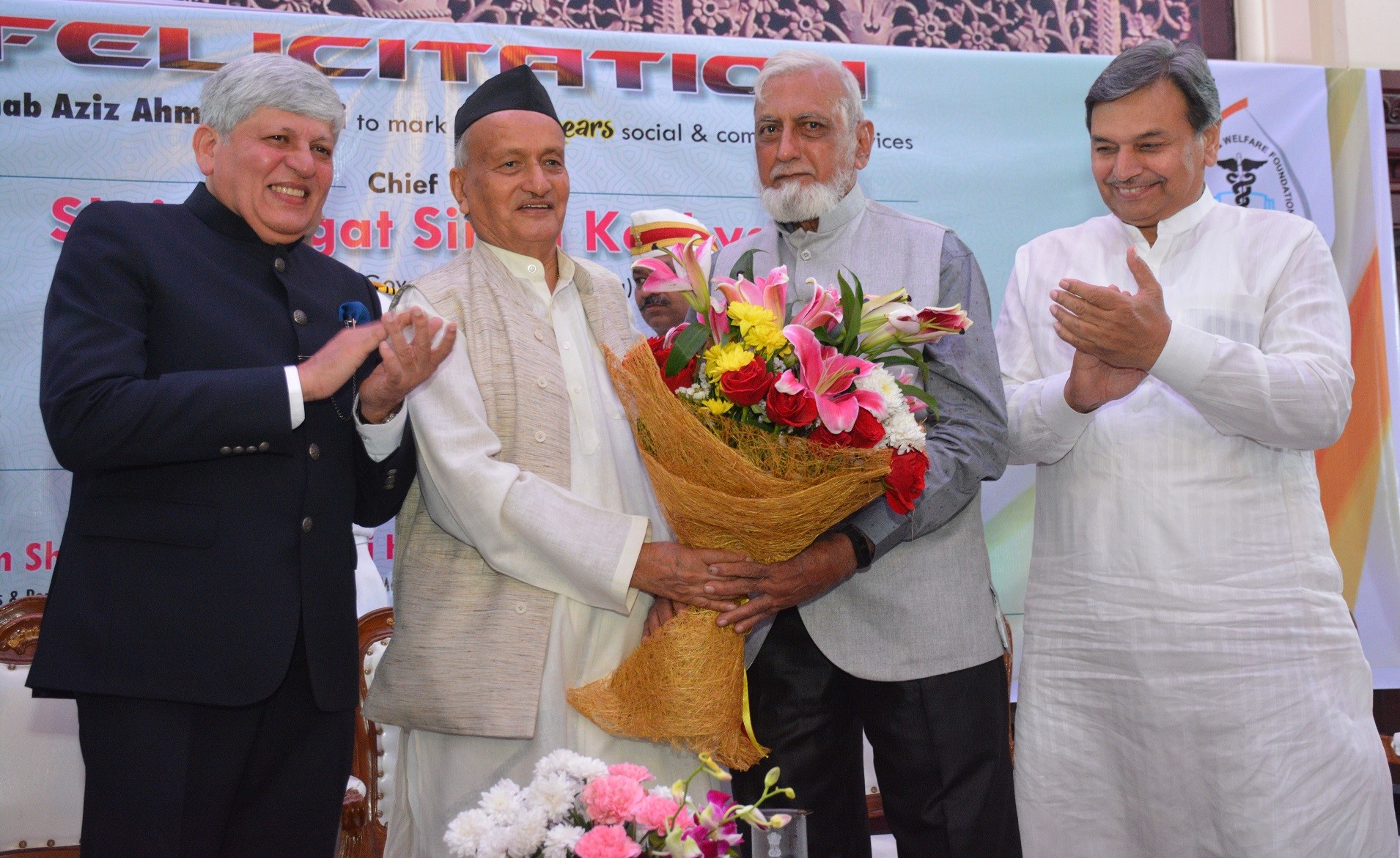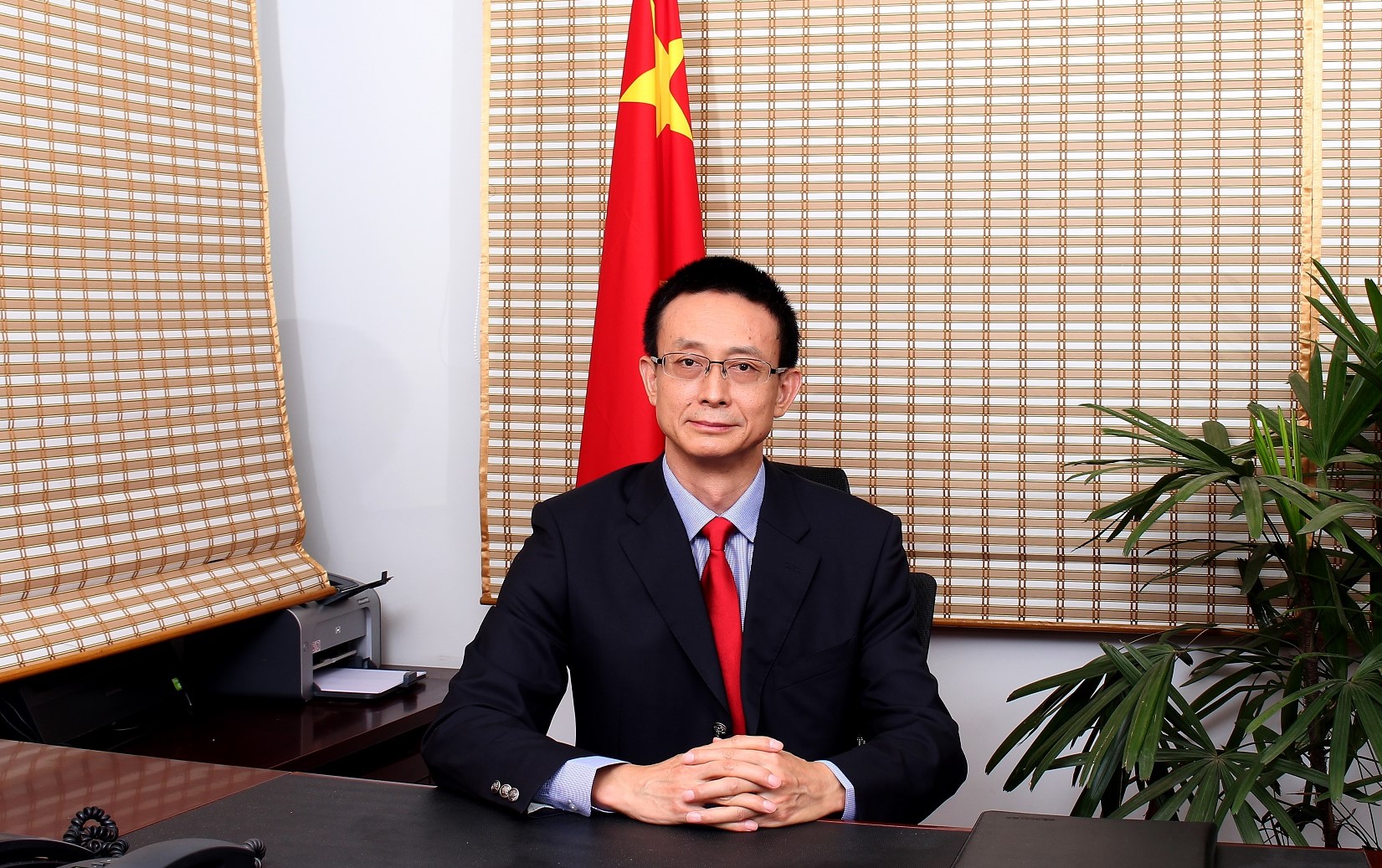By Mewati Sitaram
The Lowy Institute foresees a potential thaw in India-China relations if Donald Trump regains the presidency. Historically, the Trump administration’s strategic support to India, particularly after the 2020 Galwan Valley clashes, deepened tensions with China. Washington bolstered New Delhi with defence cooperation, intelligence sharing, and frameworks like the Quad, which Beijing criticized as efforts to isolate it regionally.
Despite these challenges, recent developments suggest a shift toward normalization. A key breakthrough came with a border patrol agreement, easing a military standoff that had strained relations since 2020. The pact, while not resolving the territorial dispute, lays the groundwork for renewed bilateral engagement, particularly in trade and investment.
Trump’s proposed tariffs on imports, including those from China and India, could further incentivize economic cooperation between the Asian giants. By leveraging each other’s markets, India and China may offset potential U.S. trade barriers. For India, stable ties with China reduce its dependence on U.S. strategic support and align with its goal of becoming a global manufacturing hub. For China, rapprochement with India counteracts New Delhi’s drift toward Washington and opens access to India’s vast consumer market.
The Lowy Institute underscores that evolving India-China ties in a potential Trump 2.0 era may challenge Washington’s reliance on regional rivalries. A recalibrated U.S. approach to Asia, emphasizing diplomacy over antagonism, could foster stability while addressing broader strategic objectives. Stronger India-China relations, driven by shared economic imperatives and reduced border friction, may redefine the geopolitical landscape in Asia, necessitating a nuanced U.S. response.
About Lowy Institute: The Lowy Institute is an independent international policy think tank based in Sydney, Australia. It focuses on global and regional issues, including foreign policy, international security, economics, and governance. The institute conducts research, publishes reports, and organizes events to inform public debate and contribute to policy development, particularly in the Asia-Pacific region.

Editor in Chief : Mewati SItaram

